Can the UK Be a 'Science and Technology Superpower'?
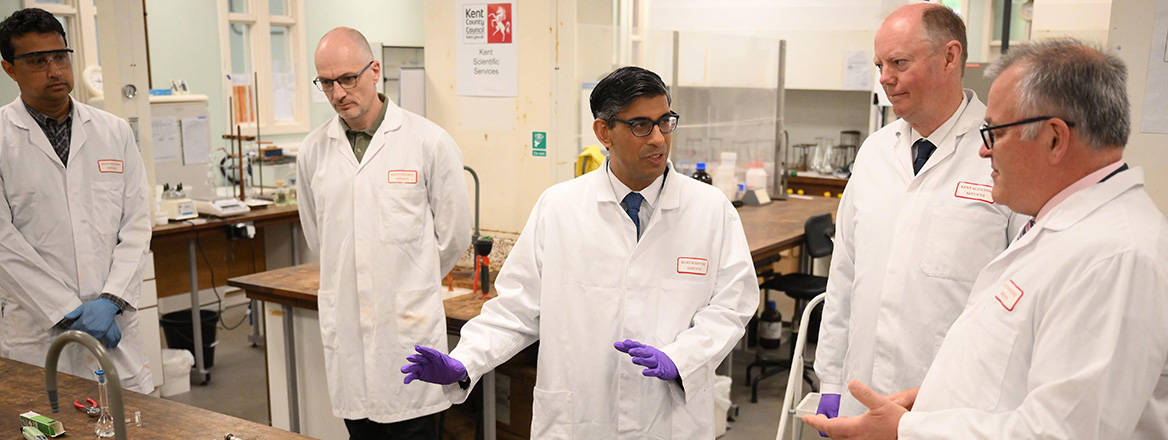
opinion articles
Send us a link

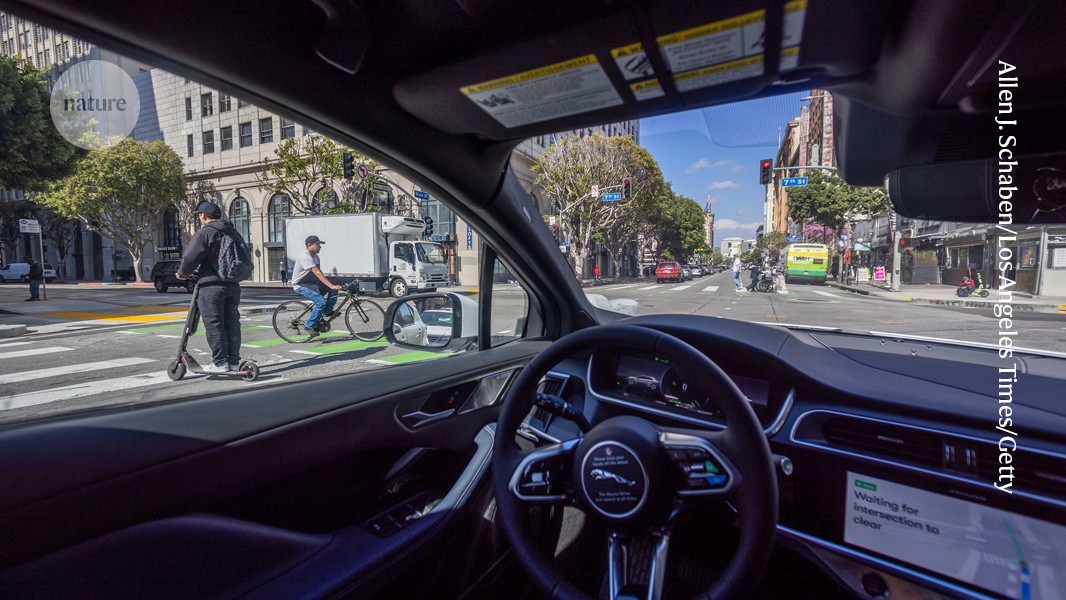
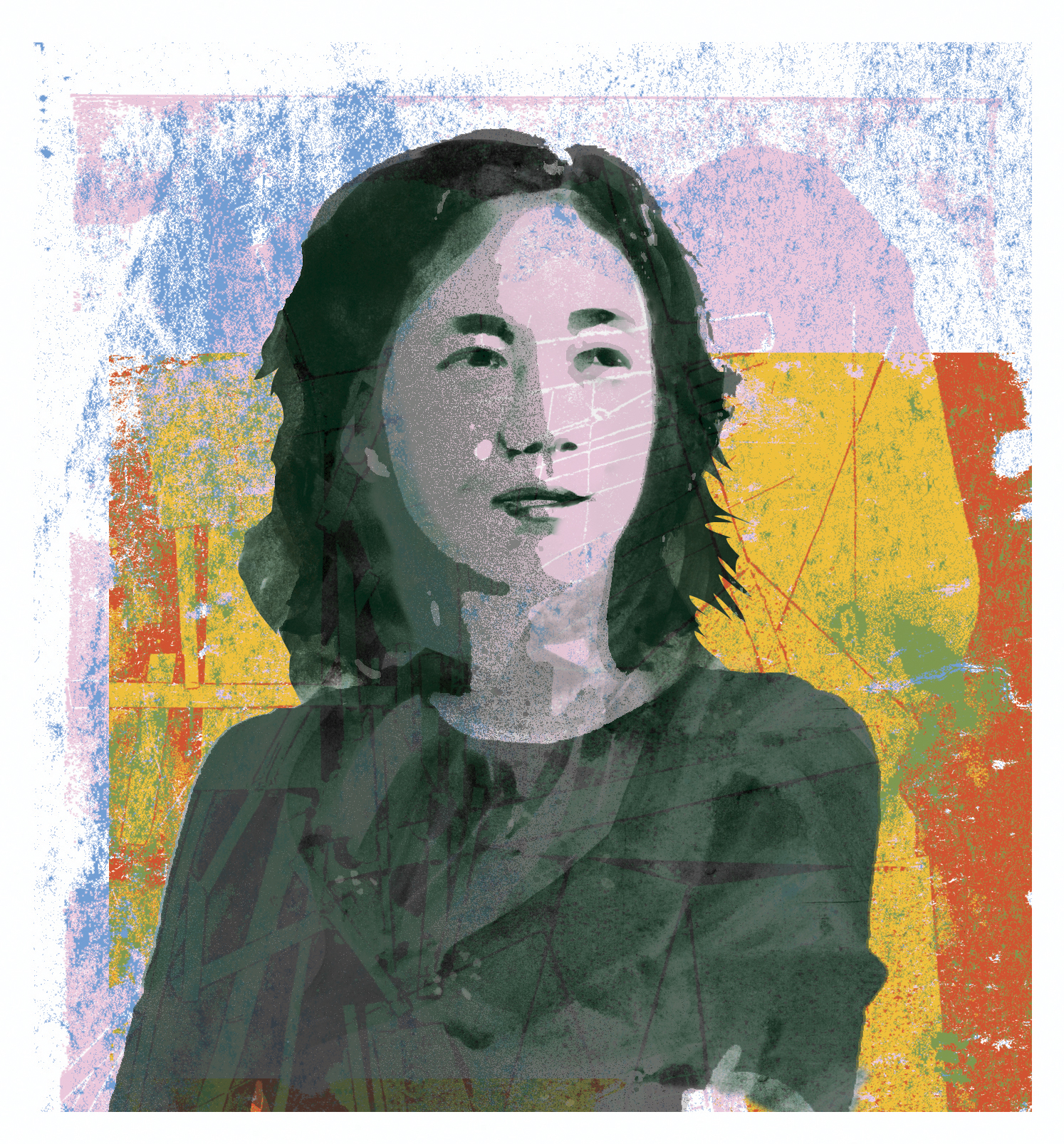
The Bill and Melinda Gates Foundation has adopted a policy on open-access publishing that the funder group Coalition S says “anticipates” its own planned change of direction.

Fossil fuel groups and investors cannot afford to ignore the warnings.
Open peer review is often discussed more in theory than practice. Drawing on evidence from a recent systematic review of open peer review studies, Tony Ross-Hellauer and Serge P.J.M. Horbach find many persistent questions around open peer review remain poorly examined and call for a more experimental approach to open peer review practices.
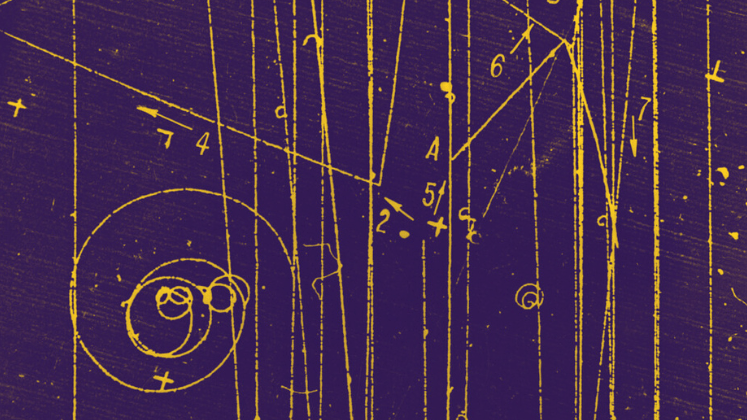
Scientific research needs to slow down, not speed up, to produce trustworthy results.
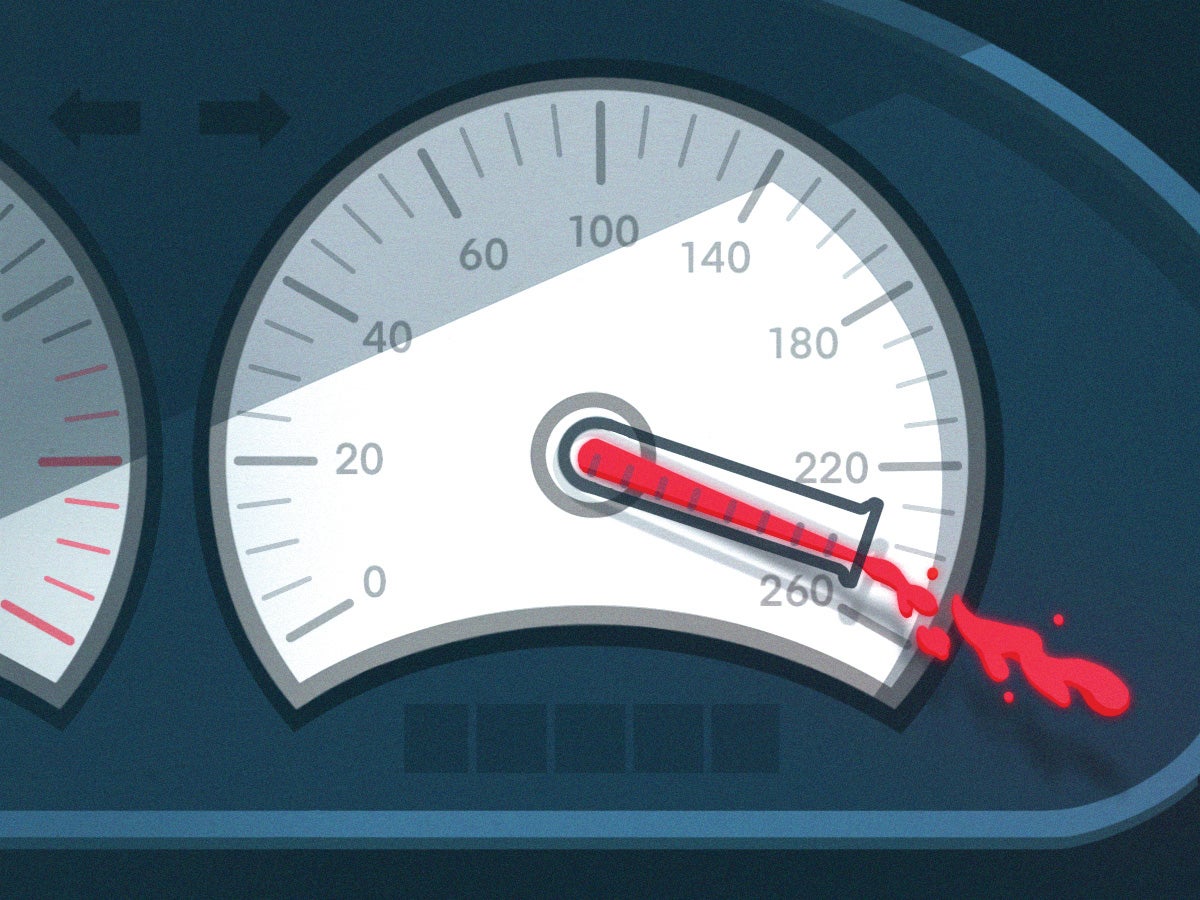
Addressing the link between poor treatment of early-career researchers and academic misconduct.

The wave of new EU digital regulation has revealed a particular blind spot in EU policy making. While these regulations are not specific to universities, they do have a considerable impact on the day-to-day running of these institutions.
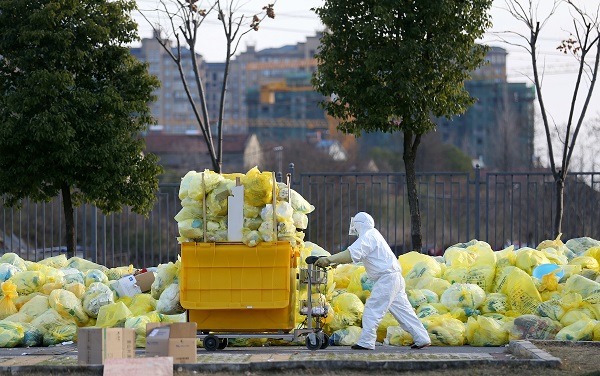
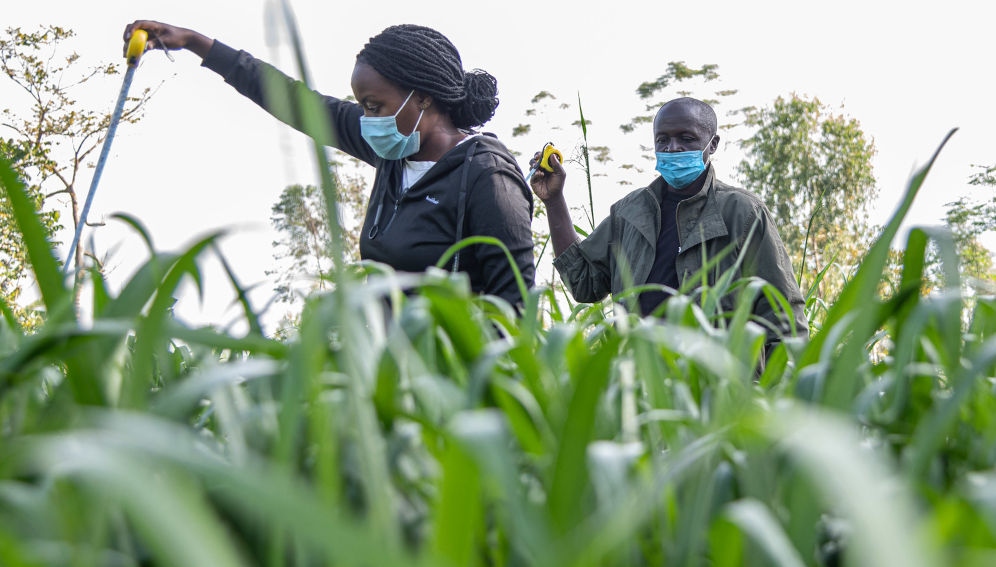
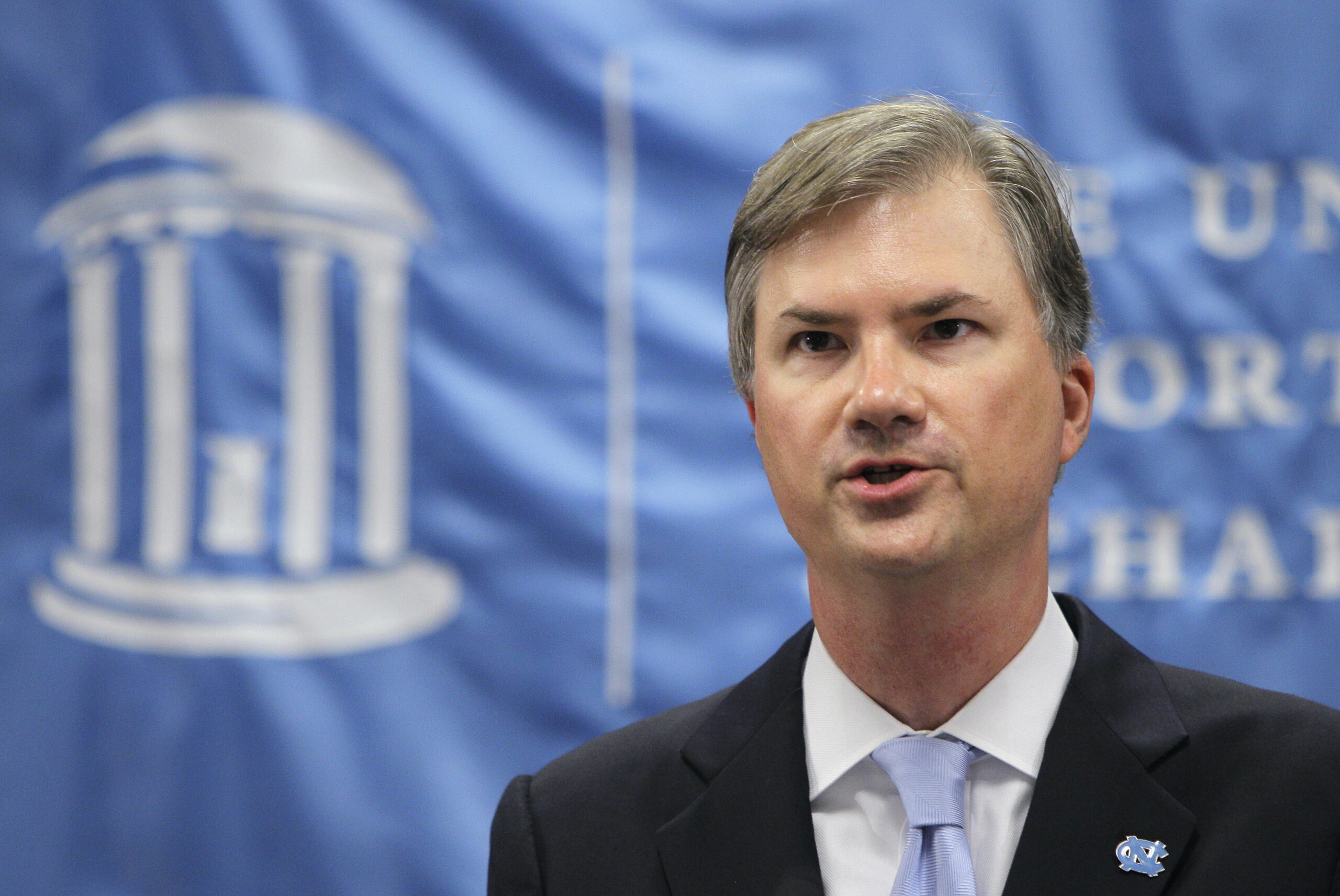
In her State of the Union speech of 2023, Commission President Ursula von der Leyen underlined the fact that the European Green Deal is at the centre of the European economy and "unmatched in ambition".
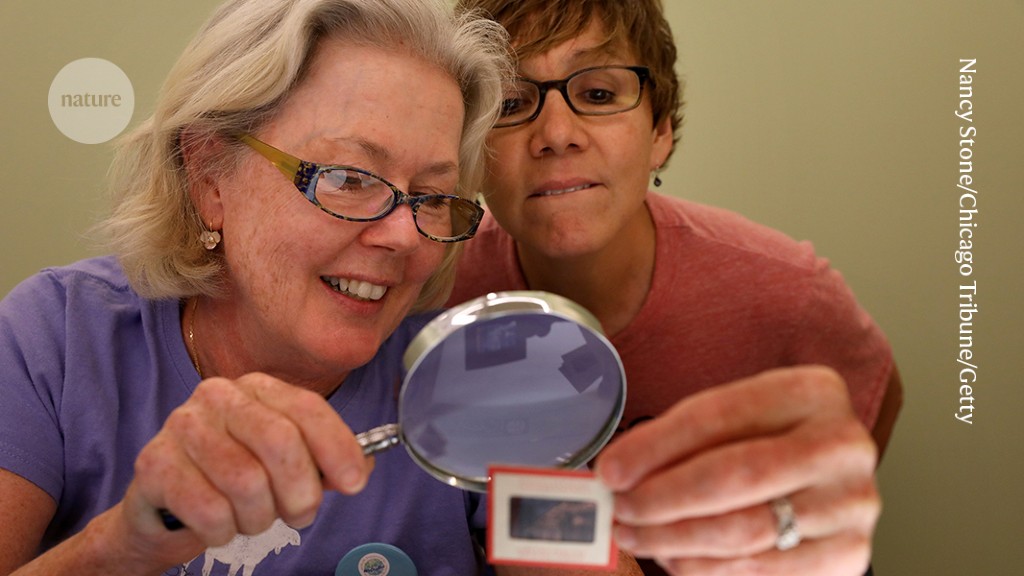
Attempts to quantify academic contributions to the UN Sustainable Development Goals might miss the mark.
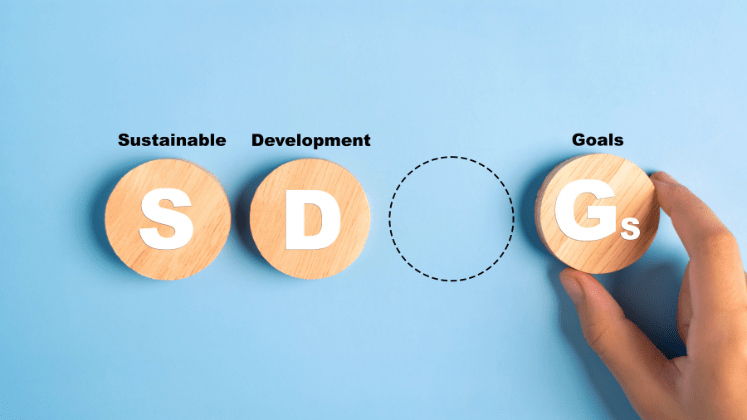
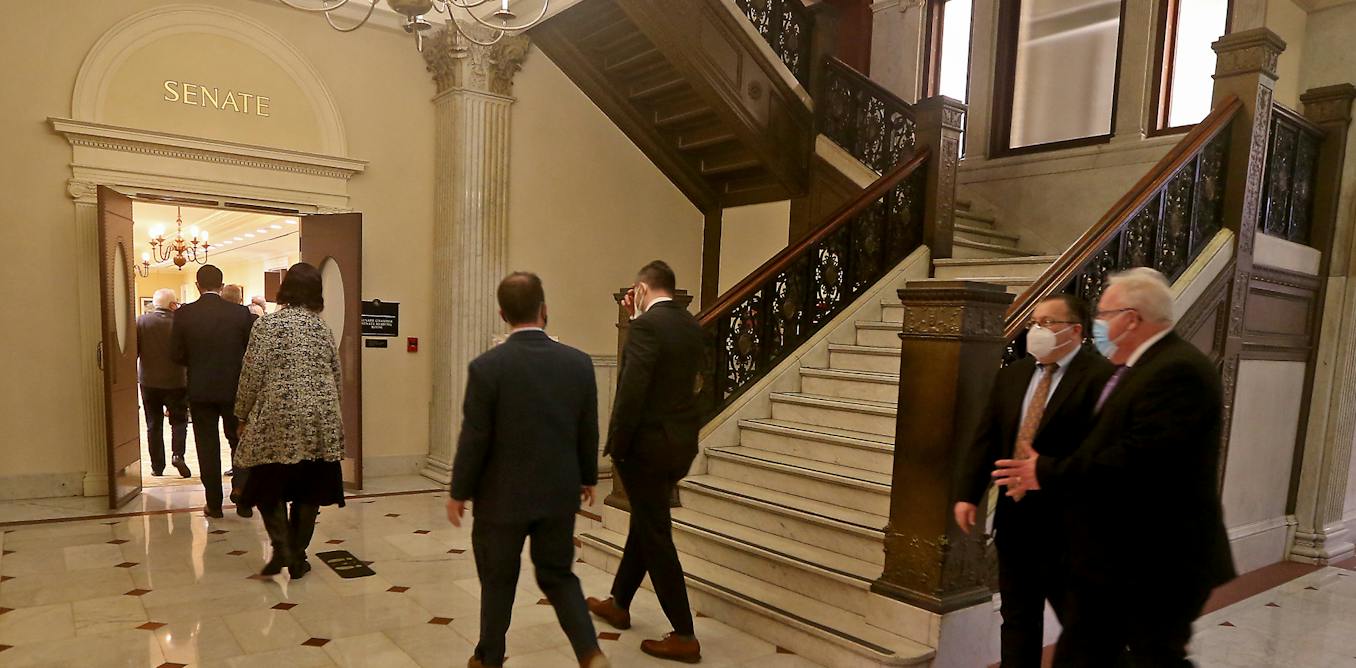
Some scientists want to scale back their research to reduce carbon emissions. Instead of this being equated with a need to scale down research infrastructures and data centres, we need to take action to ensure these facilities are sustainable.
Based on a study of how research is cited in national and local media sources, Andy Tattersall shows how research is often poorly represented in the media and suggests better community standards around linking to original research could improve trust in mainstream media.

The trend for the politically motivated forensic scrutiny of the research records of academics has a chilling effect on academic freedom and distracts from efforts to address more important systemic issues in research integrity.

After another year of conflict and war in 2023, there is a ray of hope for a peaceful New Year: the emergence of the EU's Horizon Europe programme as an extraordinary engine of global scientific cooperation.

